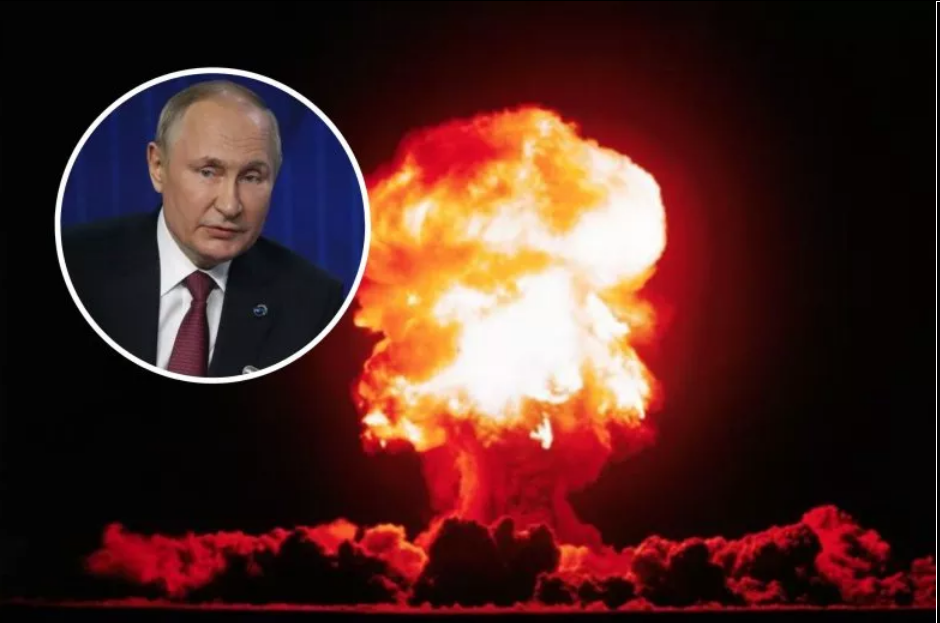
Russia will continue its grinding offensive on the ground in Ukraine “well into 2023” by sending poorly trained troops onto the frontlines and trying to use the harsh winter to break Europe’s resolve to support Ukraine amid the energy war, a leading military think tank has predicted.
The Institute for the Study of War (ISW) made the forecast in its daily update on the conflict on Monday. The ISW said it had taken into account Russia’s timelines, deployment plans, the weather and Moscow’s energy war with Europe.
“Russian President Vladimir Putin will most likely try to continue conventional military operations in Ukraine to hold currently occupied territories, gain new ground, and set conditions for the collapse of Western support for Ukraine that he likely expects to occur this winter,” the report said.
Vladimir Putin
The ISW said Putin would more likely take this approach than escalate things by using nuclear weapons, or sacrifice its objectives in order to end the conflict.
The war began on February 24, when Putin announced a “special military operation” in Ukraine. Although Russia has made some significant gains in the east and in the south of the country, a Ukrainian counteroffensive has stalled Moscow’s progress and, in some places, has forced it to retreat from areas it captured early in the war.
“Putin has likely not abandoned hopes of achieving his maximalist aims in Ukraine through conventional military means, which he is pursuing in parallel with efforts to break Ukraine’s will to fight and the West’s will to continue supporting Kyiv,” the assessment said.
It added that the Russian President is unlikely to escalate to the use of tactical nuclear weapons unless the Russian military suddenly collapses and Ukrainian forces make significant advances.
The ISW said that although such a situation would be possible, it’s unlikely, despite Putin’s nuclear saber-rattling, which the think tank said was part of an effort to stop the West supporting Ukraine.
Energy prices have skyrocketed, especially in Europe, since the war broke out. Russia was the world’s largest exporter of natural gas, but sanctions have meant that it has been extremely difficult for Western countries to buy Russian gas.
For many years, Europe has been heavily reliant on Russian gas and oil and now it has to accelerate the diversification of its energy use, including by reviving mothballed coal mines and increasing investment in renewable energy projects.
Sky News reported on Monday that support for Western sanctions on Russia due to the war may erode if the cost-of-living crisis intensifies.




